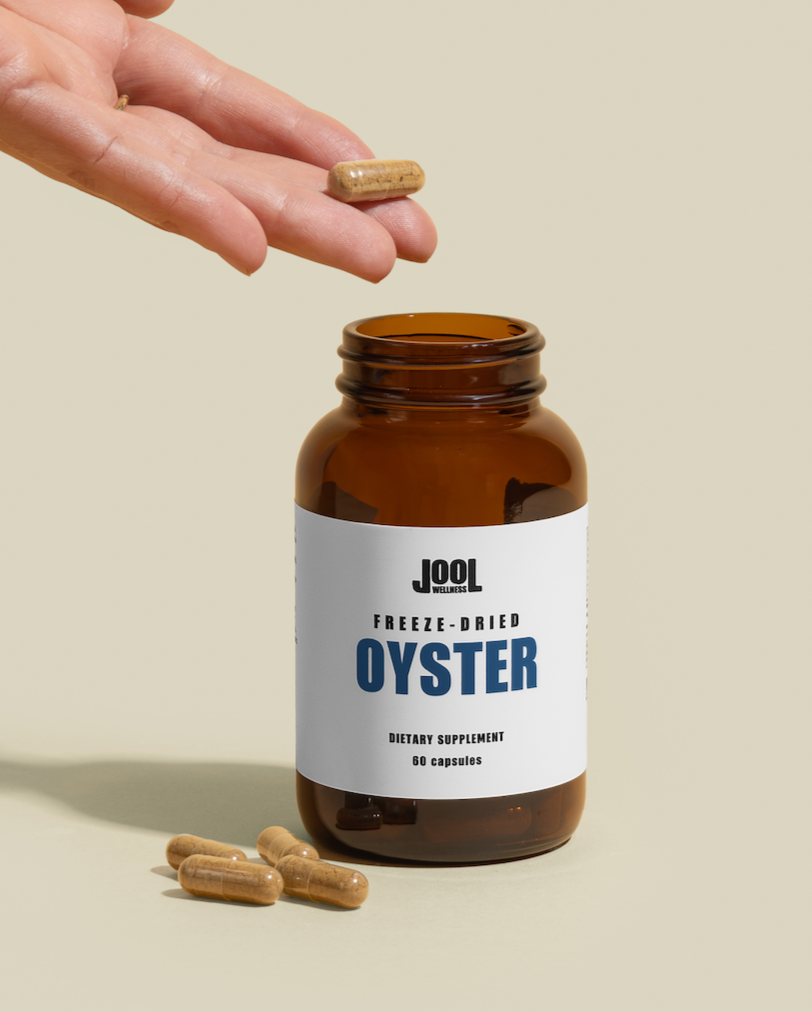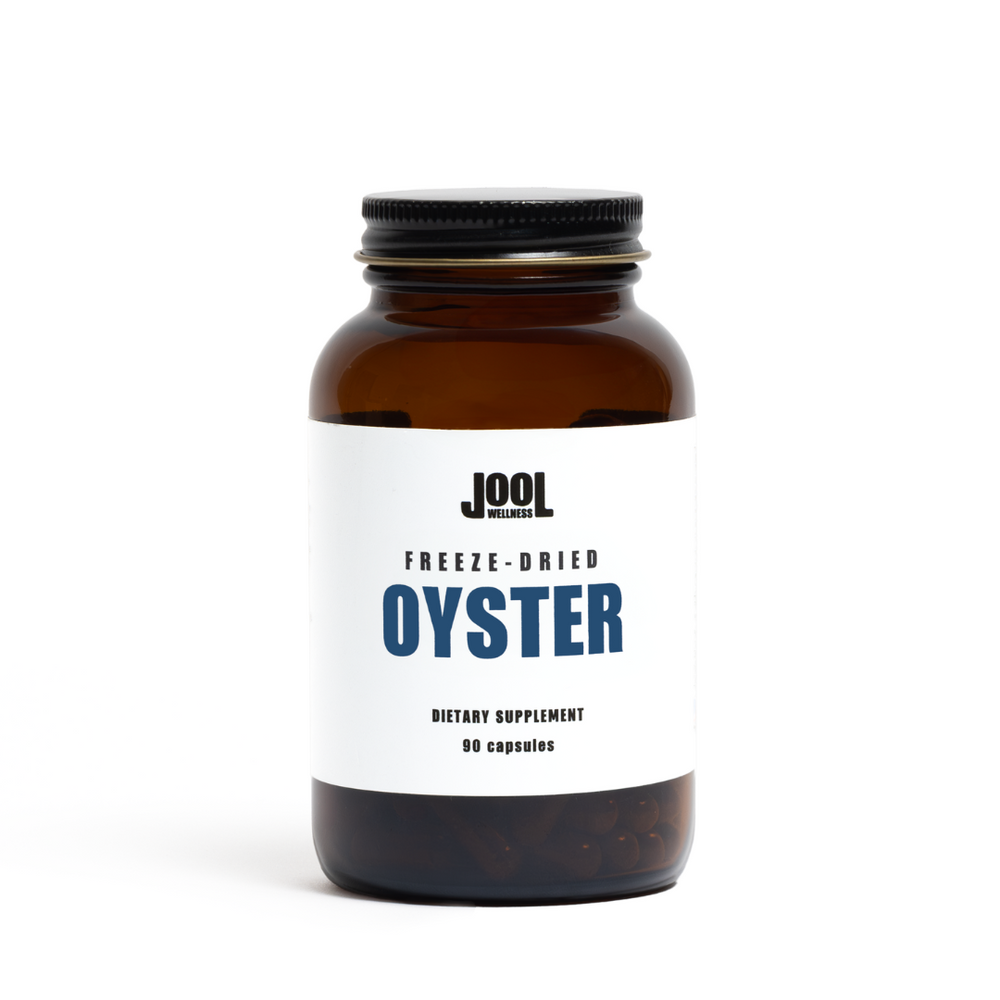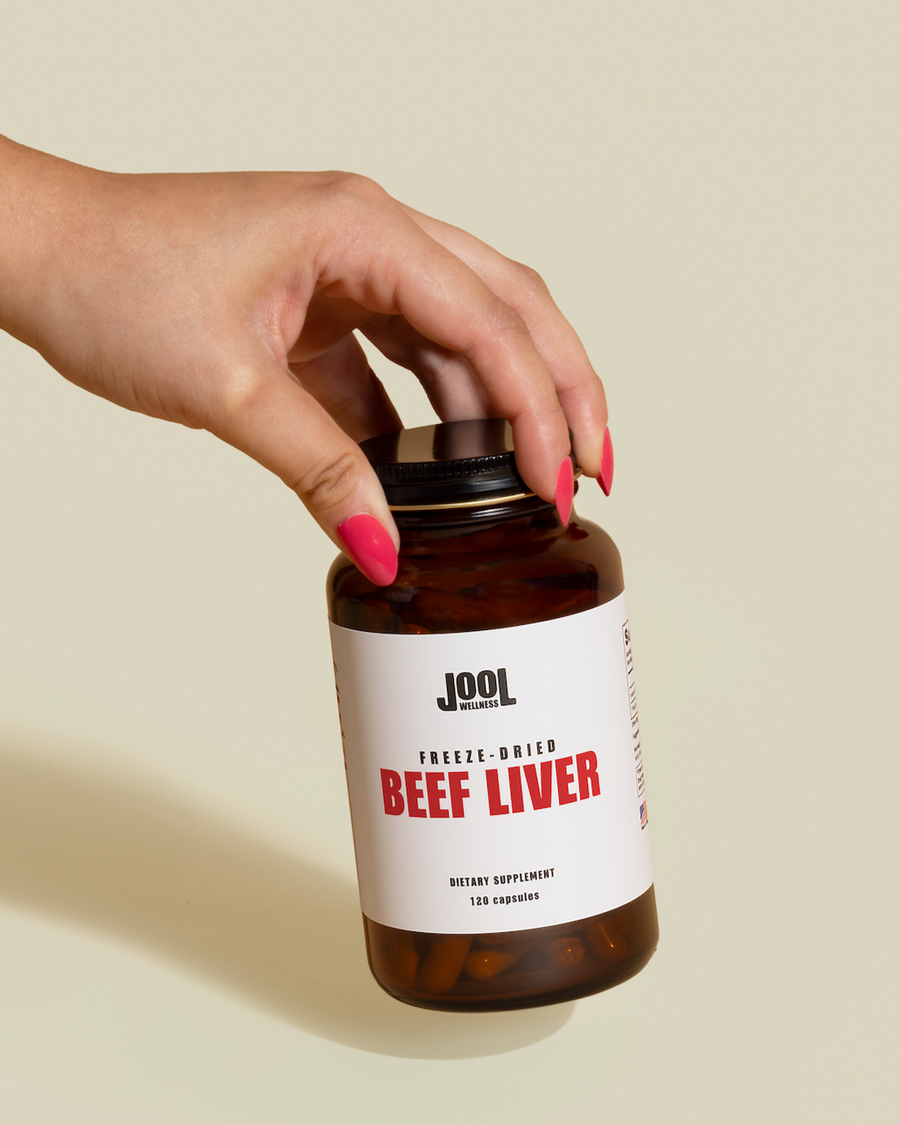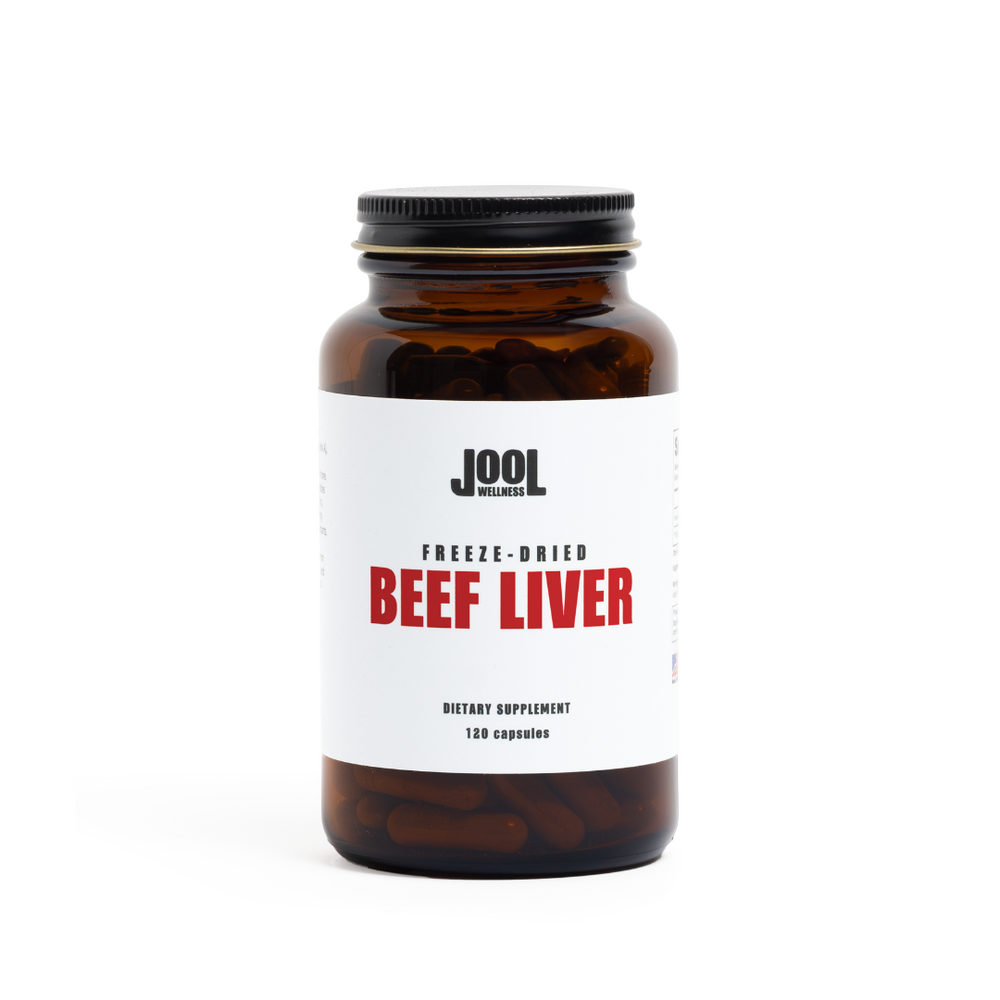Why Freeze-Dried Beef Liver Deserves a Spot in Your Daily Routine
When you think of superfoods, liver might not be the first thing that comes to mind—but it should be. Freeze-dried beef liver is an incredible nutritional powerhouse, packed with essential vitamins and minerals that can transform your health. Whether you’re looking to boost your energy, strengthen your immune system, or simply get more nutrients from your diet, freeze-dried beef liver is a convenient and effective choice.
Let’s dive into the impressive benefits of freeze-dried beef liver and why it’s the ultimate addition to your supplement stack.
1. Unmatched Nutrient Density
Freeze-dried beef liver is one of the most nutrient-dense foods on the planet. It's rich in vitamin A, vitamin B12, iron, zinc, copper, and more. The freeze-drying process preserves these nutrients, giving you a concentrated source of essential vitamins and minerals in every capsule.
This makes it an ideal alternative to traditional multivitamins, providing a natural and highly bioavailable nutrient profile that your body can easily absorb.
2. A Natural Source of Vitamin A
Vitamin A is crucial for eye health, immune support, and skin vitality. Freeze-dried beef liver delivers vitamin A in the form of retinol, the most bioavailable form, ensuring that your body can readily use it. Just a small daily dose can help meet your vitamin A needs and support overall wellness.
3. B Vitamin Boost for Energy and Vitality
Beef liver is a powerhouse of B vitamins, especially vitamin B12, riboflavin, and folate. These essential nutrients support energy production, healthy red blood cells, and proper nerve function. Including freeze-dried beef liver in your daily routine can help combat fatigue and keep your metabolism running smoothly.
4. Iron-Rich for Energy and Oxygen Transport
Iron deficiency is one of the most common nutritional shortfalls. Freeze-dried beef liver provides heme iron, the most easily absorbed form of iron, helping to prevent anemia and improve oxygen circulation throughout the body. More oxygen means better energy and endurance for your day-to-day life.
5. Immune System Support
The natural zinc and copper found in beef liver play a critical role in maintaining a strong immune system. Zinc supports the development and function of immune cells, while copper aids in the formation of white blood cells. Together, they help your body stay resilient against infections and seasonal illnesses.
6. Brain Health and Cognitive Support
Beef liver is a fantastic source of choline, an essential nutrient for brain health. Choline supports memory, focus, and cognitive function by fueling the production of acetylcholine, a key neurotransmitter. If you’re looking to sharpen your mental clarity, freeze-dried beef liver is a smart choice.
Elevate Your Health with Freeze-Dried Beef Liver
Ready to experience the benefits of this time-honored superfood? Our premium Grass-Fed Freeze-Dried Beef Liver capsules are sourced from the finest farms and expertly crafted to preserve maximum nutrition. Fuel your body with nature’s multivitamin and feel the difference in your energy, immunity, and vitality.
👉 Shop our Beef Liver Supplements now and give your body the nutrient boost it deserves!
References:
-
Gibson, R. S., Bailey, K. B., Gibbs, M., & Ferguson, E. L. (2010). A review of phytate, iron, zinc, and calcium concentrations in plant-based complementary foods used in low-income countries and implications for bioavailability. Food and Nutrition Bulletin, 31(2_suppl2), S134–S146. https://pubmed.ncbi.nlm.nih.gov/20715598/
-
Zeisel, S. H., & da Costa, K. A. (2009). Choline: an essential nutrient for public health. Nutrition Reviews, 67(11), 615–623. https://pmc.ncbi.nlm.nih.gov/articles/PMC2782876/
-
Prasad, A. S. (2008). Zinc in human health: effect of zinc on immune cells. Molecular Medicine, 14(5-6), 353–357. https://pubmed.ncbi.nlm.nih.gov/18385818/
-
Uauy, R., Olivares, M., & Gonzalez, M. (1998). Essentiality of copper in humans. The American Journal of Clinical Nutrition, 67(5 Suppl), 952S–959S. https://pubmed.ncbi.nlm.nih.gov/9587135/





